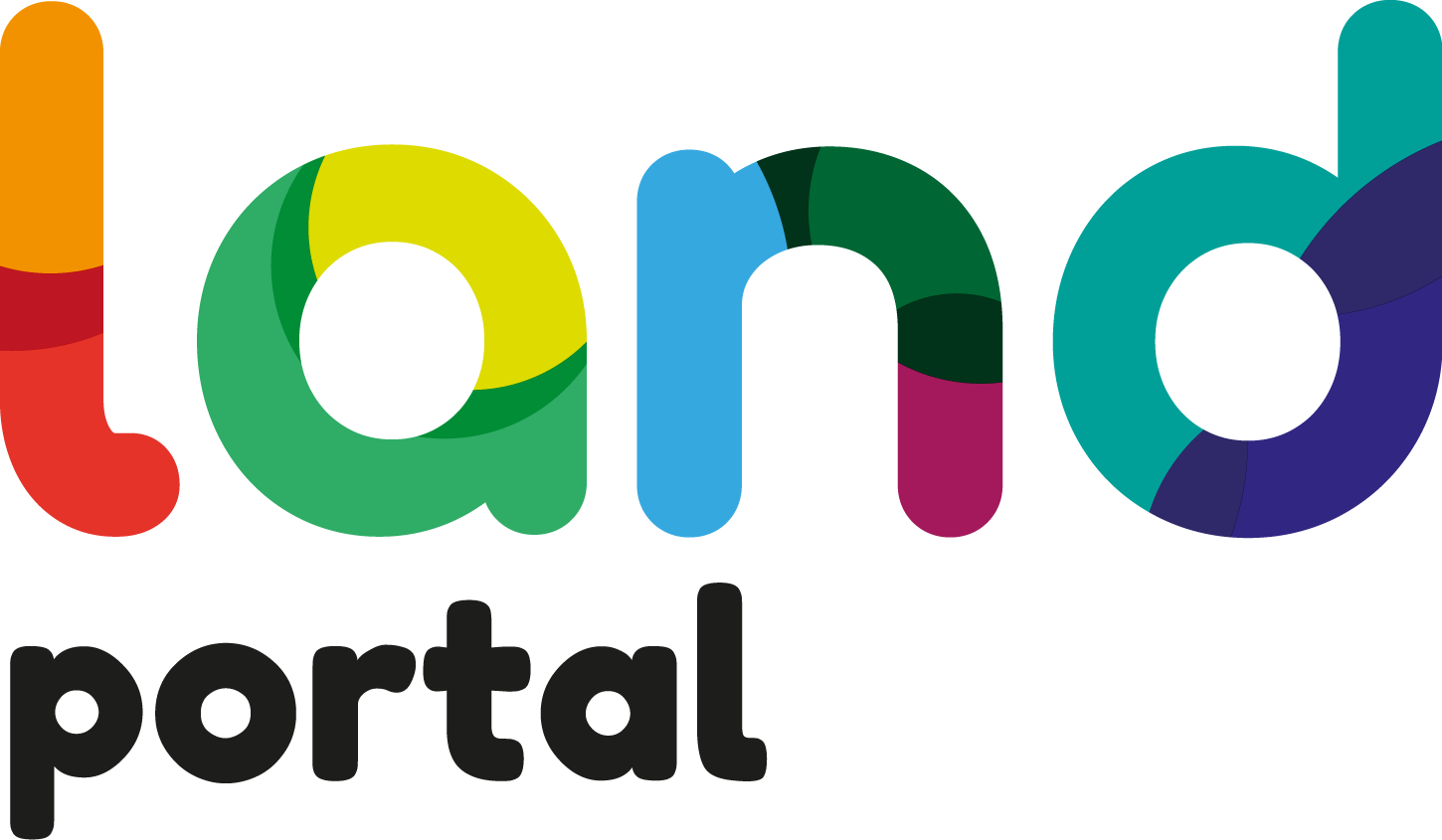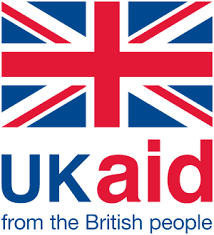Community / Land projects / F.a: Gambella Improved Livelihood and Resilience Project
F.a: Gambella Improved Livelihood and Resilience Project

€0
01/23 - 12/23
Completed
This project is part of
Implementing Organisations
Donors
Data Providers
General
Ethiopia is the second largest refugee-hosting country in Africa, sheltering more than 900,000 registered refugees and asylum seekers. Gambella is one of the four regions in Ethiopia which are considered as the country?s least developed regions, characterized by harsh weather condition, poor infrastructure, low capacity of local government, high level of poverty, and very poor development indicators. The refugee influx accelerated the deforestation and degeneration of the ecosystem and had a range of negative environmental impacts and challenges including land degradation and woodland loss. In addition, even though the hosting communities have better access to land and other resource to ensure their food security and livelihood, due to the traditional way of farming that is dependent on rain-fed agriculture, most of them only produce during the rainy season. Therefore, food insecurity and nutritional gaps as well as lack viable economic options to cover their basic needs are some of the major challenges. The project's intended focus is improving the livelihoods of refugees and host communities thereby increasing their resilience and capacity to withstand shocks due mainly to impact of climate change. The project also intends to enhance adoption of climate change mitigation and adaptation practices through strengthening the local environmental and natural resource structures, education, awareness, advocacy, dialogues for gender responsive climate resilience and green economy. Increased awareness is expected to trigger improvement in the adaptive capacity of the communities, and local government to effects of climate change; as well as promote adaption and mitigation practices. Access to climate smart energy technologies and promotion of climate resilient crop and animal production will ensure adequate food production, increased connectivity to renewable energy sources and ensure that women and youth have an improved income as well as contribute reducing carbon emissions. Beneficiaries of the project are South Sudanese refugees in Jewi refugee camp and host communities in the surrounding areas well as the government officials and authorities, UNHCR and NGO's working for refugees in the area. The implementing agency is the Lutheran World Federation (LWF).



